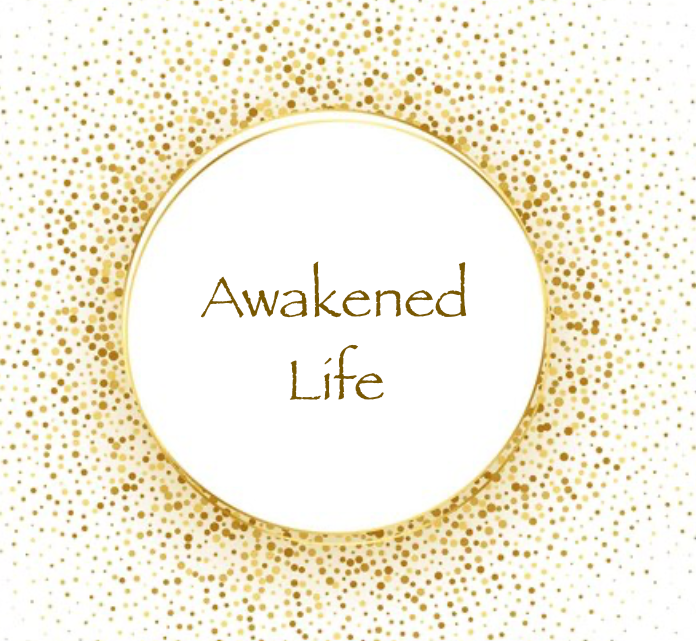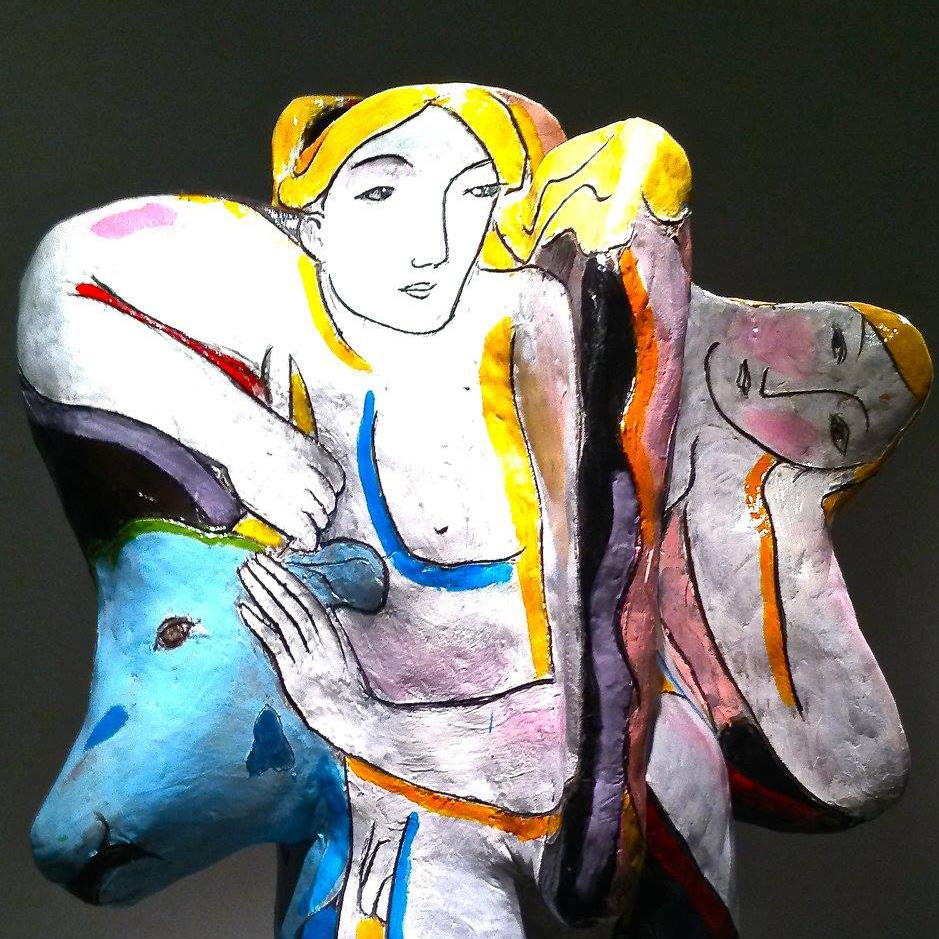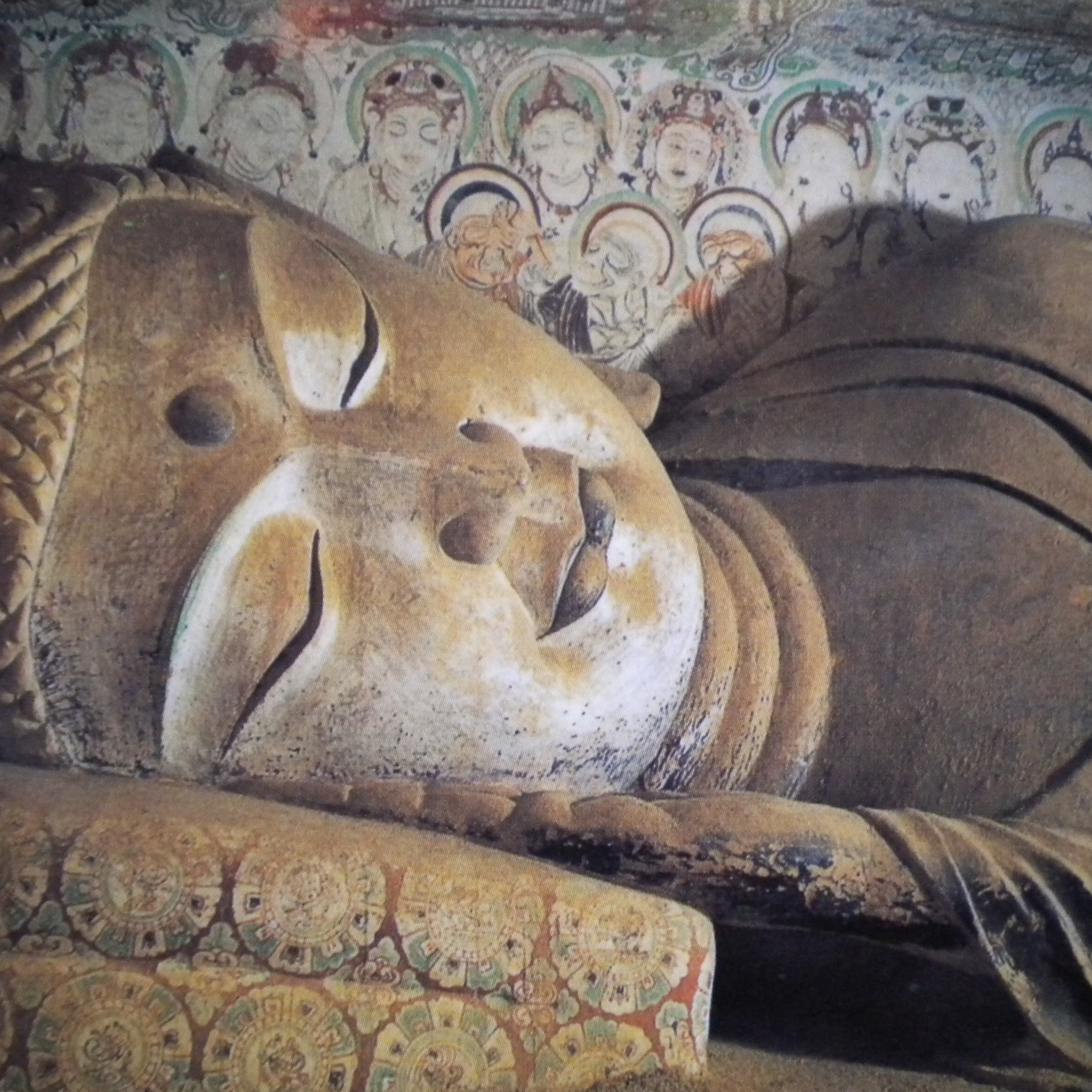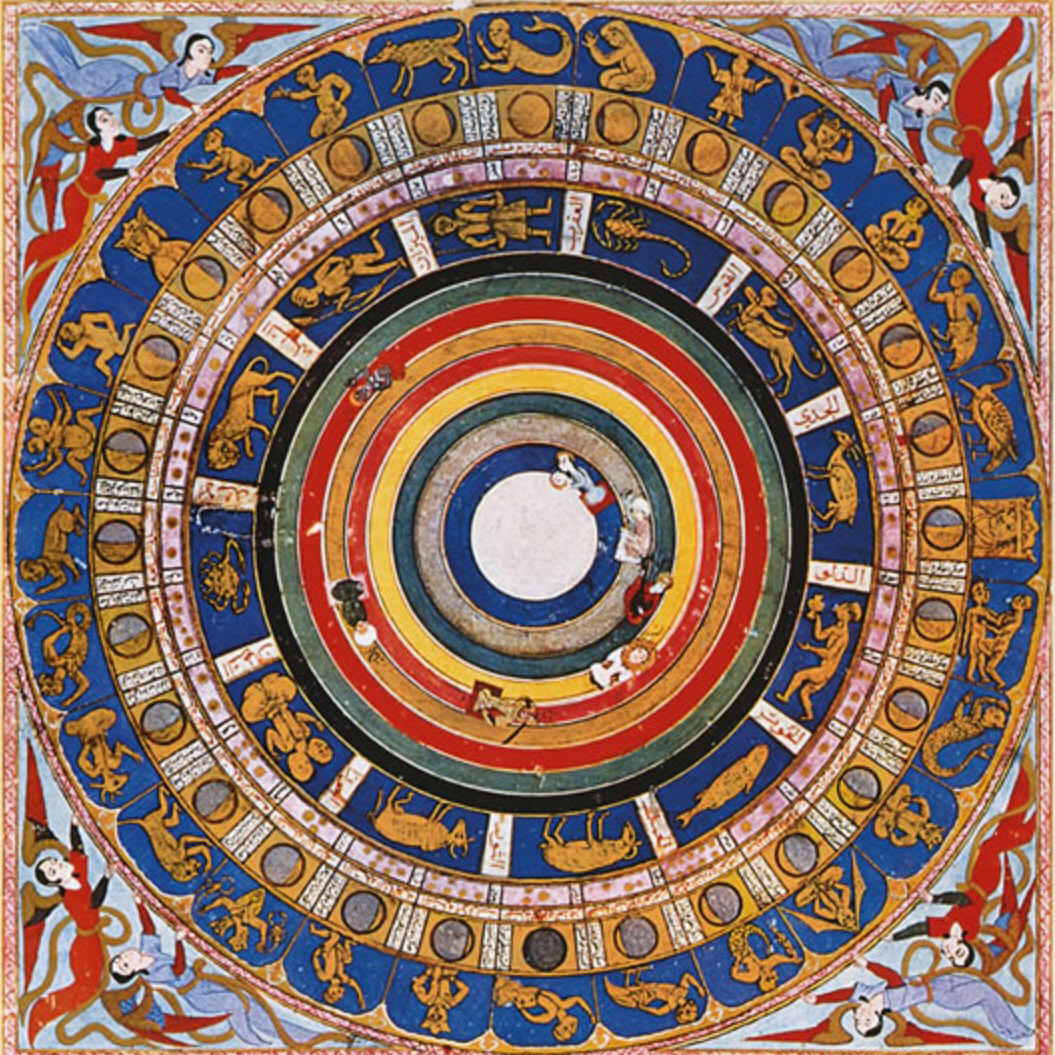How do I find happiness?
"Not this, not that"
Four simple reminders to support your happiness every day
"Neti, neti" is an 8,000-year-old Sanskrit expression that means "not this, not that." It's used to guide meditation into the ultimate ground of all being. For most people the search for ultimate fulfillment can involve a lifetime of seeking happiness through personal passions such as relationships, accomplishment, adventure, material pleasures and the like. But gradually you may come to realize that lasting happiness is "not this, not that."
Perhaps you feel in sync with the Buddhist view that is centered on a radical acceptance that life is inherently challenging and everything is subject to change. So can anything be a source of lasting happiness? For many people happiness might be today's special but it's not on the regular menu. And eventually we may realize that constantly seeking happiness can be the very obstacle to our finding it.
“The amount of happiness you have depends on the amount of freedom you have in your heart." Thich Nhat Hanh
How does one live with freedom in their heart? We experience freedom of the heart when we trust the essentially dynamic and transformative nature of life rather than resist it which leads to unhappiness.
When I trained in acting I enjoyed improv classes where we say "yes, and..." to remind us to embrace this moment, rather than resist it, as an opportunity to create what's next. Another way to express this perspective is that life is one experiment after another. If something doesn't turn out the way you envisioned it, realize you are free to experiment with the next moment and then the next.
When working to improve our circumstances or to pursue a goal we can still experience freedom and happiness if we realize our essential self is not dependent on the changing conditions of our life. We can say "yes" to what is present and consciously create the next moment..and the next...and the next.
"yes is a world
and in this world of yes
live (skillfully curled)
all worlds" e.e. cummings
Happiness is not fundamentally dependent on any particular conditions. When people are asked how they experience abiding in their essential nature, unconditioned awareness, they typically say "I feel free, peaceful, present, content, happy." Those qualities are aspects of our essential nature. Watch a baby for a while and you'll see this is true. Seeking happiness does not lead to experiencing it. Happiness is actually an expression of your essential nature in this very moment.
"Happiness is simply the knowing of our being as it essentially is. The apparent overlooking, veiling or forgetting of our own being is the root cause of all unhappiness." Rupert Spira
Four daily reminders of your essential nature - happiness
Even if we've realized our essential nature we can still get caught in the undertow of unconscious conditioning of the mind. If you've read the post "I Think Therefore I Am. Not" you're already familiar with the necessity to develop a right relationship with the mind. Waking up goes against the grain of our collective conditioning so it can be helpful to integrate several simple reminders into your daily life. These days we're flooded with countless self-improvement tips. So integrating just a few simple practices into your day will enrich your life and serve as a reminder of your essential nature.
Hold Suffering in Love
As a therapist, I discovered that most people are hard on themselves. Spiritually oriented people can be particularly impatient with themselves due to high expectations. But if you know your essential self is unconditioned awareness you can experience that habitual thinking patterns and feeling states spontaneously come and go without diminishing your essence. The way to happiness is to learn how to patiently hold any suffering you experience in love like a mother holds her distraught child.
Thich Nhat Hanh taught his students that, if your house is on fire, it's wise to make your priority putting out the fire rather than being focused on the actions of who lit the flame. Thay was advising us that, when emotionally struggling, if we make it a priority to come home to our essential nature and recognize our innate peace and freedom it will lessen any suffering in the moment.
When we come home to our essential self we learn to hold suffering with love. A well-known Buddhist parable called "the second arrow" also addresses how to be skillful when experiencing stress. In this story it is said that the Buddha once asked his students several questions to make a point: "If a person is struck by an arrow, is it painful? If this person is struck by a second arrow, isn't it even more painful?" Then Buddha advised, "We can’t always control the first arrow. But, if we react unskillfully, it is as if we are struck by a second arrow. You don't have to choose to experience that second arrow."
Even when you've been unskillful, if you cultivate an attitude of generosity toward yourself, happiness is restored. In other stories about the Buddha sometimes Mara, who is known as the Tempter and Buddha's nemesis, appears. Mara represents the personification of forces antagonistic to enlightenment.
In one story Buddha is meditating in a cave as his friend Ananda waits outside. Mara, the Tempter, approaches the cave and Ananda tells him he isn't welcome and should go away. But Buddha overhears and calls out "Ananda, is Mara here? Tell him to come in and we'll have tea." When Mara comes in Buddha offers him tea and says, "Dear friend, let's have tea together. How are you, Mara?" Mara takes a seat and complains to Buddha for some time that life is hard for him. Buddha listens patiently. Then Buddha replies smiling, "Yes, I understand it can be difficult being Mara. Sometimes it's hard being Buddha too. So now let's enjoy our tea together, old friend."
This parable encourages us to listen to ourselves like Buddha listened to Mara so we can learn from our suffering rather than view such exeriences as "forces antagonistic to enlightenment." Buddha welcomed Mara to share his troubles and empathized by saying "it can be difficult being Mara." In the same way, we can assume an attitude of acceptance of our circumstances and conditioned reactions while still cultivating change.
When we abide in our essential nature we have empathy for the conditioned self, our "old friend," like Mara. Nothing can diminish our essential nature so it isn't skillful to fear intimacy with our conditioned mind. Instead you can hold any suffering in love.
"Enlightenment is intimacy with all things." Chogyam Trungpa
When we're struggling, Buddhist teacher Pema Chodron reminds us that it can be "good in the beginning, good in the middle, and good in the end." If you can, it's best to notice when you're first triggered by a stressor - before you've developed a story about it. But if you don't, know that with practice, you'll begin to take the position of a witness in the middle of any turmoil, soon enough to come home to yourself, see clearly, and regain peace of mind.
Of course, there are occasions when we don't catch ourselves being triggered either in the beginning or in the middle of a stressful situation. But, after the storm has passed, have confidence that abiding in awareness helps you learn from experience and skillfully move forward with peace. We are all on a journey to becoming zen masters.
"A zen master's life is just one continuous mistake." Dōgen
Track Goodness and Nourish Good Seeds
Knowing that your essential nature is not diminished by any circumstance or experience you will have the courage to explore life challenges with curiosity and compassion and to transform your suffering into kindness for yourself and others. The Buddhist expression "No mud, no lotus" is a reminder that, although we might experience mud as unsightly and inconvenient, without mud the stunning and fragrant lotus flower cannot flourish. Like the lotus we grow from this sometimes messy life we are rooted in.
"Tracking goodness" is a saying I learned from one of my mentors and good friend Peggy Rowe-Ward, who was ordained by Thich Nhat Hanh as a senior dharma teacher. You can remember your essential nature and return to happiness in every moment if you "track goodness" like an alert native scout who uses their eyes and ears to track in the woods.
Grandmother wisdom tells us that "every cloud has a silver lining," if we notice it, and this is what tracking goodness is all about. One of the most beneficial ways to track goodness and choose the best for yourself is to ask what can I learn from my current challenges? How can I gain wisdom from this situation? This is another way to hold suffering in love.
According to Buddhist psychology there are seeds of energy stored deep in consciousness like seeds in the ground. There are seeds of anger, seeds of fear, seeds of despair, etc. When conditions are challenging we can forget our essential self and water the seeds that fuel suffering. These seeds germinate creating even more difficult conditions like a garden overwhelmed with weeds. But we also have seeds of awakening, understanding, compassion and joy. We choose the best for ourselves when we consciously water those positive seeds every day so they will manifest in our lives in abundance.
One of the positive seeds we can water is gratitude. Recent research indicates that gratitude practice increases happiness. This simple practice involves cultivating the habit of acknowledging your gratitude every day. Some people close their day with this practice by appreciating the basic goodness in their lives like their home, time with those they love and simply being alive another day.
Come Home to Your Essential Nature
and Recognize Shared Being
Many people would agree that the experience of love leads to happiness. Nondual teacher Rupert Spira says that love is the recognition of shared being. Recall moments when you felt love. Would you agree that in love you experience a deep sharing of being with another? When we experience true love we feel deeply present, at peace, alive, and happy.
When we invest in the belief that we exist solely as a separate self we can become preoccupied with personal problems and ultimately feel alienated, inadequate, and alone. But when we consciously abide in our essential nature we recognize the source of our being is the same for everyone.
The recognition of our shared being nourishes our capacity to experience love. Once when the Dalai Lama was asked to offer advice to Westerners his reply was simply "eye contact." Our experience of love can take many forms. We can experience love in a fleeting but warm exchange with a stranger, as our dedication to a community in need, or as a stronger commitment to the well-being of ourselves and those we're intimate with.
"What you earn in contemplation spend in love." Meister Eckhart
Our source of being is shared with others but each of us has personal agency and the ability to direct our energy skillfully. The essential self can never be diminished by our circumstances or by other people. But our consciousness is naturally responsive to others so our minds can sometimes become clouded by the delusions of other people. How can we find refuge from these clouds of delusion?
In Buddhism there is a vow of "taking refuge" which is a commitment to freedom that can be renewed any moment of the day. When we remember to come home and find refuge in the one who will never leave us, our essential nature, we live with more authenticity, stability, and peace. This is the way to freedom and happiness.
"The moment we choose to love we begin to move towards freedom, to act in ways that liberate ourselves and others." bell hooks
Many people find it helpful to put their struggles into perspective by reminding themselves that we all share the existential challenges of being human. The beloved teacher Pema Chodron suggests that our personal shortcomings can give us insight into the challenges of every human being.
One way to feel less alone during difficult times is to use some version of the simple Buddhist Metta prayer: "May I be free, peaceful, and happy. May we all be free, peaceful, and happy." This prayer is also helpful when you care about a situation but don't feel that you are able to change it at this time. From the non-dual perspective, you might change the words of this prayer to something like this: "I am unconditioned awareness. I abide in peace, freedom, and happiness. May we all abide in peace, freedom, and happiness."
"The discovery that peace and happiness are ever-present within our own being and completely available at every moment of experience, under all conditions, is the most important discovery anyone can make." Rupert Spira
by Hollye Hurst
Come Home to Your Senses
We can be unaware of how much we’re preoccupied and identified with our thinking mind. This habit can operate like a trance state that limits our experience of being truly awake, including the capacity of our senses to fully experience the aliveness of our world.
As we’re going about our day, the conceptual mind automatically, and unconsciously categorizes everything in our visual field as “important,” “unimportant,” “interesting,” “unattractive,” and so on. This mode of selective awareness can be useful to help us focus on particular activities in our life. But, if it dominates every moment of our life, it inhibits our ability to feel fully alive and in touch with the world, which is a source for experiencing happiness.
If we’re lost in a trance we’re simply not experiencing the reality of our everyday life which could be experienced as quite magical. Chogyam Trunga called this experience “ordinary magic.”
“The world is full of magic things, patiently waiting for our senses to grow sharper.” W.B.Yeats
As sentient beings we are born with the capacity to enjoy the full spectrum of aliveness on our earth. Coming to our senses we awaken to our shared aliveness. The sky, the birds, and the trees are always completely present. Only people are not present but instead lost in their minds. But in any given moment we can experience nature's invitation to be fully present.
When we engage in mindful awareness we enjoy the opportunity to rediscover our senses, our natural gifts of perception. Then we'll see that a tree is not just another tree but a living being and a vivid experience of color and texture shaped by light in this moment.
When you close your eyes and engage in deep listening you can experience a "multidimensional welcoming with no center," as described by non-dual teacher Jean Klein. Now you’re in communion with the sound of a singing bird or even your own breath. You’re enjoying being here now as an embodied being. Now you're also engaged in a gratitude practice, enjoying the abundance of life in this moment.
Our senses come alive in the natural world. Research indicates that time in nature is restorative and positively influences our experience of well-being and our cognitive capabilities. People experience greater contentment when they just gaze at the vastness of sky (enjoy Sky Gazing Meditation - see link below).
During the global co-vid pandemic I recognized that my practice of mindful photography supported me in happily feeling in touch with the world even though most people were experiencing isolation and loss. So I began to offer this contemplative and creative practice by teaching online. As I teach it, we spend short periods simply wandering with the intention of relaxing the restless mind and awakening our natural gifts of perception. As the author J.R. Tolkien found, “All who wander are not lost." Do you generously allow yourself time to simply wander without an agenda, being truly present for your experience?
"We need a real awakening, enlightenment, to change our way of thinking and seeing things. Breathing in, be aware of your body and realize you are the Earth. Your consciousness is also the consciousness of the Earth.” Thich Nhat Hanh
At Thich Nhat Hanh's Plum Village one day a week there are no scheduled activities so the day unfolds naturally, timelessly. Can you find a leisurely morning or evening to come home to your senses, recognize shared being and enjoy the abundance of your life in this moment?
"There is no way to happiness, happiness is the way. There is no way to peace, peace is the way. There is no way to enlightenment, enlightenment is the way." Thich Nhat Hanh
The Awakened Life™ by Hollye Hurst. All Rights Reserved
Illuminations Blog







